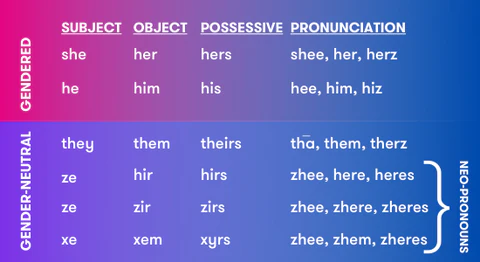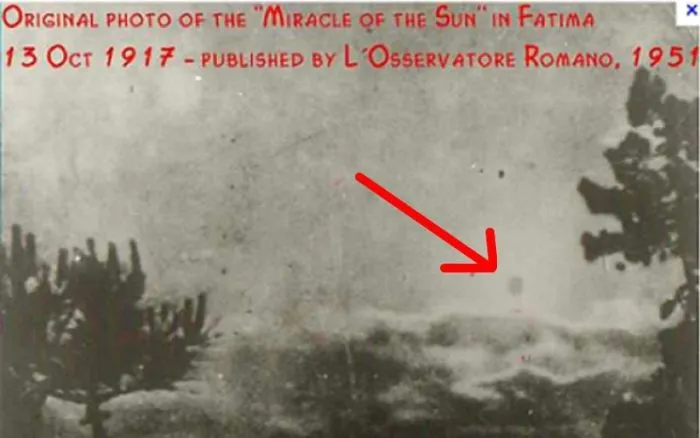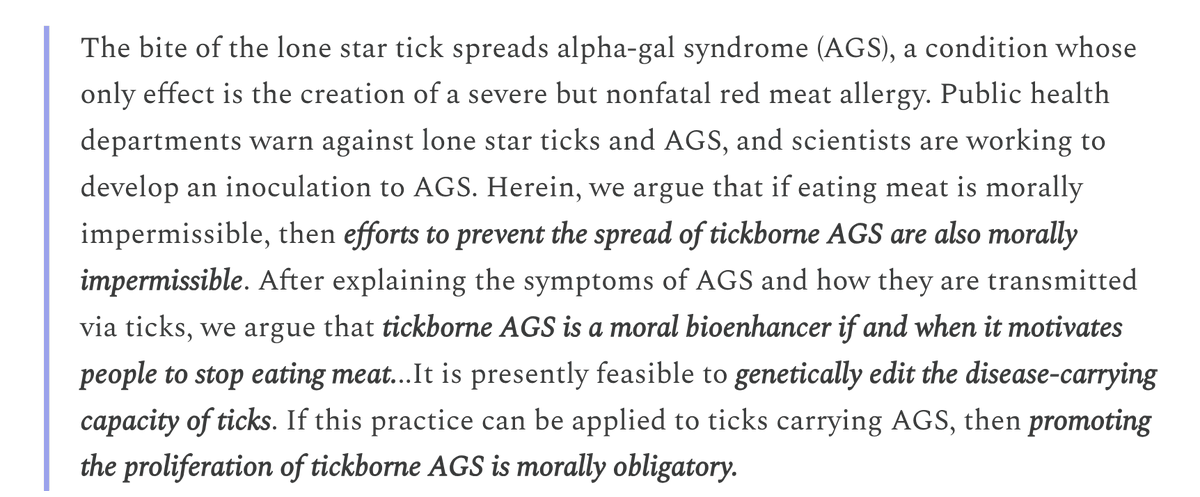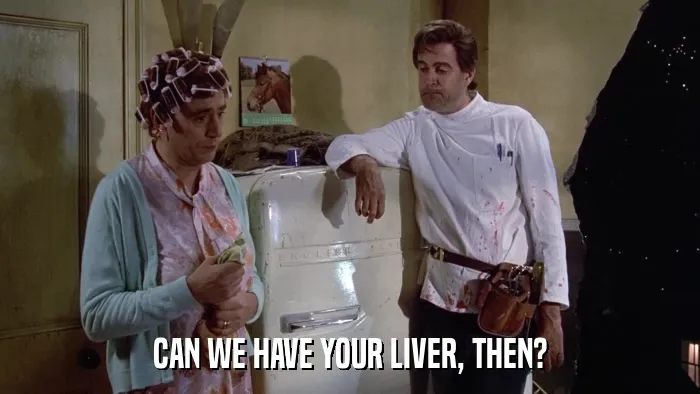My Hard Time Inside Elon "Free Speech" Musk's Twitter Jail - a Thought Criminal Reveals ALL!🧵🧵🧵
Musk's minions sent me to Twitter jail - for the FOURTH time - for quoting a book you have in your LOCAL LIBRARY.
What was this scary thought-criminal tome and tweet?
Read!
Musk's minions sent me to Twitter jail - for the FOURTH time - for quoting a book you have in your LOCAL LIBRARY.
What was this scary thought-criminal tome and tweet?
Read!

Yes. This book was so HUGELY popular that the man who wrote it went on to win a leftist PULITZER PRIZE!
The book can be found today, IN PRINT, even in CANADA, the Wokest Wackiland in the World.
The quote was from - hold on your panties, nervous ones - MUSSOLINI!
The book can be found today, IN PRINT, even in CANADA, the Wokest Wackiland in the World.
The quote was from - hold on your panties, nervous ones - MUSSOLINI!

Here is the quote in its entirety. Ladies, avert your eyes.
THIS IS CRIMINAL CONTENT! YOU HAVE BEEN WARNED!
THIS IS CRIMINAL CONTENT! YOU HAVE BEEN WARNED!

Here's what SCARY.
Many voters saw this tweet and LOST what little was left of their MINDS.
Some voters said that Mussolini should never be quoted.
Other voters said that because Mussolini said it, the words must be false.
These people vote!
Many voters saw this tweet and LOST what little was left of their MINDS.
Some voters said that Mussolini should never be quoted.
Other voters said that because Mussolini said it, the words must be false.
These people vote!

The tweet which you can read in your library was mass reported for "hate" and "targeted harassment."
I had to delete the tweet or "appeal."
Here comes the HILARIOUS PART...
I had to delete the tweet or "appeal."
Here comes the HILARIOUS PART...

The appeal is LIE. There is NO appeal.
Some blue-haired pronoun-using Starbuck-swilling effeminate decided, under Musk's orders, to ignore the problem, hoping it goes away.
It is, of course, IMPOSSIBLE the quote is "harassment" of anybody.
But that's logic. And...!
Some blue-haired pronoun-using Starbuck-swilling effeminate decided, under Musk's orders, to ignore the problem, hoping it goes away.
It is, of course, IMPOSSIBLE the quote is "harassment" of anybody.
But that's logic. And...!

That's NOT the funny part.
This is. The tweet was HUGELY successful. I don't know how many tens of thousands of views; I gained 600 new followers, and so on.
Then some woman or effeminate reported it - on the VERY DAY I wrote a column how some women love to be VICTIMS
AND...!
This is. The tweet was HUGELY successful. I don't know how many tens of thousands of views; I gained 600 new followers, and so on.
Then some woman or effeminate reported it - on the VERY DAY I wrote a column how some women love to be VICTIMS
AND...!

BECAUSE the tweet was so popular, Twitter paid me AD MONEY. An enormous amount, too!
I saw that and laughed so hard I nearly ruptured my spleen.
The thrilling forbidden book revealed next!
I saw that and laughed so hard I nearly ruptured my spleen.
The thrilling forbidden book revealed next!

John Toland is the author.
I quoted the first volume, in the section on the Munich "Peace in Our Time" conference.
As I said, the book is STILL in print, even in Canada.
Watch out, Penguin, the Twitter Thought Police are coming for you!
I quoted the first volume, in the section on the Munich "Peace in Our Time" conference.
As I said, the book is STILL in print, even in Canada.
Watch out, Penguin, the Twitter Thought Police are coming for you!

What about the other times I was in Musk's Twitter Jail?
1. Inviting a certain group of lawyers to develop a malady for which they could use the ointment pictured below.
2. Using a shortened form of "transmission" as a joke.
3....
1. Inviting a certain group of lawyers to develop a malady for which they could use the ointment pictured below.
2. Using a shortened form of "transmission" as a joke.
3....

3. Inviting a news organization that had very bad things to say about whites to place themselves into a large hole.
What lessons can be learned from my time inside jail?
Like many career criminals, I honed my craft while inside.
What lessons can be learned from my time inside jail?
Like many career criminals, I honed my craft while inside.

Far from learning my lesson and become meek and pliant and contrite, I became bitterly hard.
I learned tips and techniques from the other inmates.
Though I say it myself, I am now a MASTER THOUGHT CRIMINAL.
FOLLOWERS BEWARE!
I learned tips and techniques from the other inmates.
Though I say it myself, I am now a MASTER THOUGHT CRIMINAL.
FOLLOWERS BEWARE!

• • •
Missing some Tweet in this thread? You can try to
force a refresh











